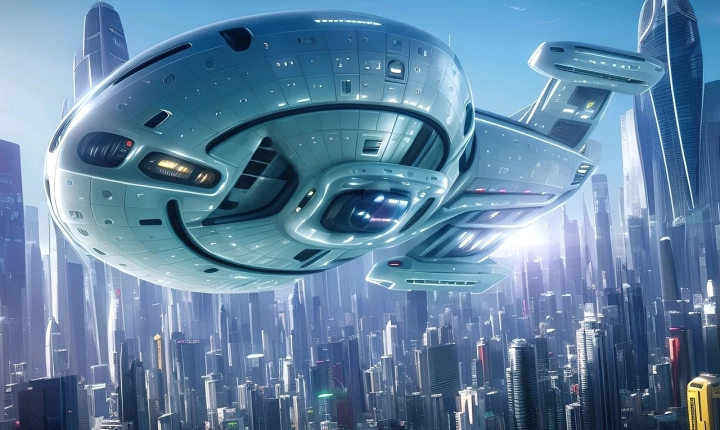Are AI Generated Images Unique?
Artificial intelligence (AI) has made tremendous advancements in recent years, especially in the realm of generating images. AI-generated images, sometimes referred to as generative adversarial network (GAN) images, are created by algorithms that are trained on large datasets of real images, such as photos of landscapes, people, and animals. These algorithms can then generate completely new, unique images that are not based on any specific input.
But the question arises: Are these AI-generated images truly unique, or are they simply variations of the existing data that the algorithm was trained on?
One argument in favor of the uniqueness of AI-generated images is that these algorithms have the capacity to combine different elements from their training data in novel ways, resulting in images that have never been seen before. This ability to create entirely new visuals raises the possibility that AI-generated images can be considered unique in their own right.
Supporters of AI-generated images also point to the fact that these images can exhibit characteristics and features that are not present in the original training data. For example, an AI algorithm trained on images of human faces might generate a completely new face that doesn’t resemble any face in the training set. This capability to produce entirely new visual content supports the notion that AI-generated images are indeed unique.
On the other hand, skeptics argue that AI-generated images are not truly unique because they are ultimately derived from the data used to train the algorithm. They assert that even though the images may appear novel, they are still based on patterns and features present in the original training data. In this view, AI-generated images are just variations or combinations of existing visual content, and therefore cannot be considered unique.
Further complicating the debate is the issue of copyright and ownership of AI-generated images. If AI can produce images that are considered unique, who owns the rights to these images? Should the algorithm’s creator be considered the owner, or does the original training data hold the claim to ownership?
As the discussion around AI-generated images evolves, one thing is clear: the definition of uniqueness in the context of machine-generated content is a complex and multi-faceted issue. It encompasses not only technical considerations about the nature of AI algorithms and their output, but also legal and ethical questions about intellectual property and creativity.
In conclusion, the question of whether AI-generated images are unique is not easy to answer definitively. While AI algorithms can produce images that exhibit novel characteristics and features, they are ultimately rooted in the data used for training. As the field of AI continues to advance, the concept of uniqueness in machine-generated content will undoubtedly be a topic of ongoing debate and exploration.
